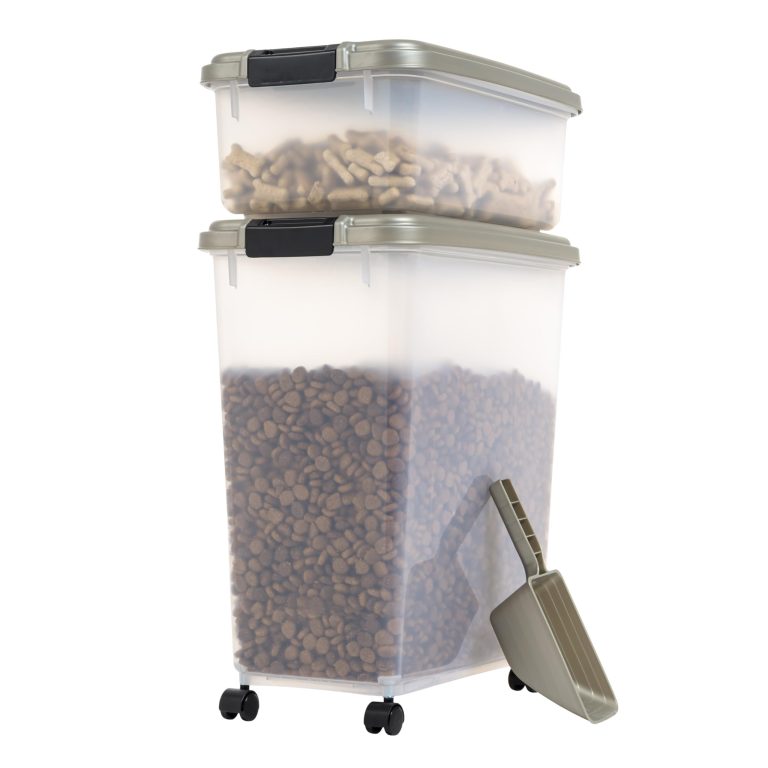Canine Inflammatory Bowel Disease – Causes and Management
 Canine Inflammatory Bowel Disease – Causes and Management
Canine Inflammatory Bowel Disease – Causes and Management
Inflammatory bowel disease (IBD) is a common gastrointestinal disorder that affects dogs. It is characterized by chronic inflammation of the gastrointestinal tract, leading to symptoms such as vomiting, diarrhea, weight loss, and poor appetite. While the exact cause of IBD in dogs is unknown, several factors, including genetics, dietary factors, and abnormal immune responses, have been implicated. Effective management of canine IBD involves a combination of dietary changes, medication, and supportive care.
Causes of Canine Inflammatory Bowel Disease
The exact cause of IBD in dogs is not well understood. However, several factors have been identified as potential contributors to the development of this disease:
- Genetics: Certain breeds, such as German Shepherds, Boxers, and Cocker Spaniels, are predisposed to developing IBD. This suggests a genetic component to the disease.
- Dietary Factors: Food allergies or sensitivities, especially to proteins commonly found in commercial dog food such as chicken, beef, or wheat, can trigger an inflammatory response in the gastrointestinal tract.
- Abnormal Immune Response: It’s believed that dogs with IBD have an abnormal immune response that leads to chronic inflammation in the gut. This may be a result of an overactive immune system or an inappropriate response to normal gut bacteria.
Management of Canine Inflammatory Bowel Disease
While there is no cure for IBD, it can be effectively managed through a combination of dietary changes, medication, and supportive care:
Dietary Changes:
- A novel protein and carbohydrate diet: Switching to a hypoallergenic diet that contains proteins and carbohydrates the dog has not been previously exposed to can help identify and eliminate potential food allergens.
- Feeding smaller, more frequent meals: Dividing the dog’s daily food intake into smaller, more frequent meals can help reduce the workload on the digestive system.
- Avoidance of table scraps and treats: Eliminating table scraps and treats from the dog’s diet can help prevent further irritation of the gastrointestinal tract.
Medication:
- Anti-inflammatory drugs: Medications such as corticosteroids are commonly prescribed to reduce inflammation in the gastrointestinal tract.
- Immune-modulating drugs: In some cases, immunosuppressive drugs may be necessary to control the abnormal immune response associated with IBD.
Supportive Care:
- Probiotics and prebiotics: Adding probiotics and prebiotics to the dog’s diet can help restore a healthy balance of gut bacteria, which plays a vital role in maintaining gastrointestinal health.
- Hydration: Ensuring the dog has access to clean, fresh water at all times is important for preventing dehydration, especially during episodes of diarrhea.
- Regular veterinary check-ups: Regular visits to the veterinarian are essential for monitoring the dog’s progress, adjusting medication dosages, and addressing any emerging health concerns.
Canine inflammatory bowel disease is a chronic condition that requires lifelong management. By implementing dietary changes, administering medication under veterinary supervision, and providing proper supportive care, dog owners can significantly improve the quality of life for their furry companions. It’s essential to work closely with a veterinarian to develop an individualized treatment plan that addresses the unique needs of the dog and ensures optimal health and well-being.







